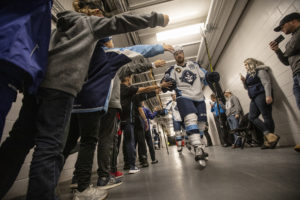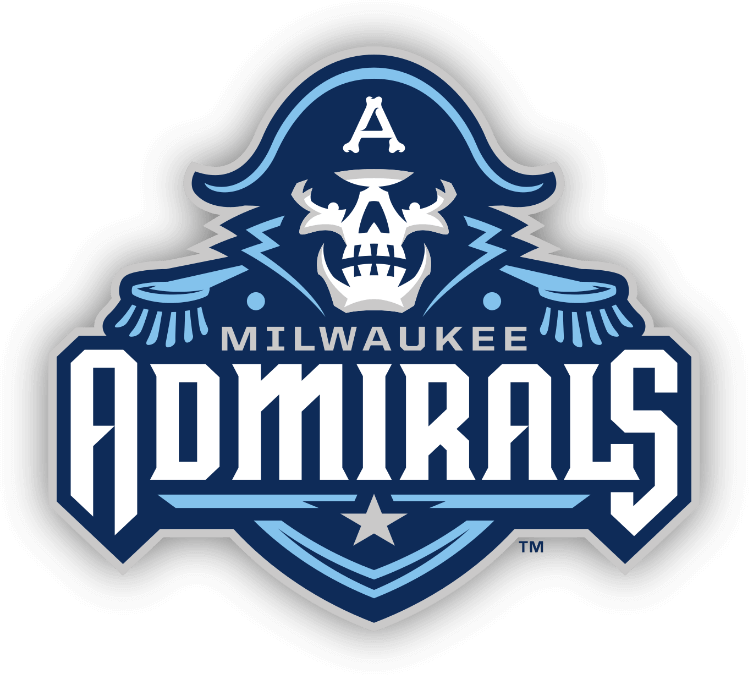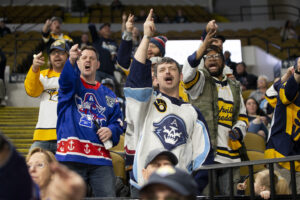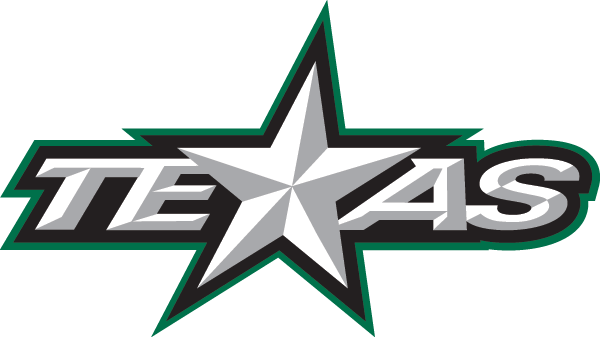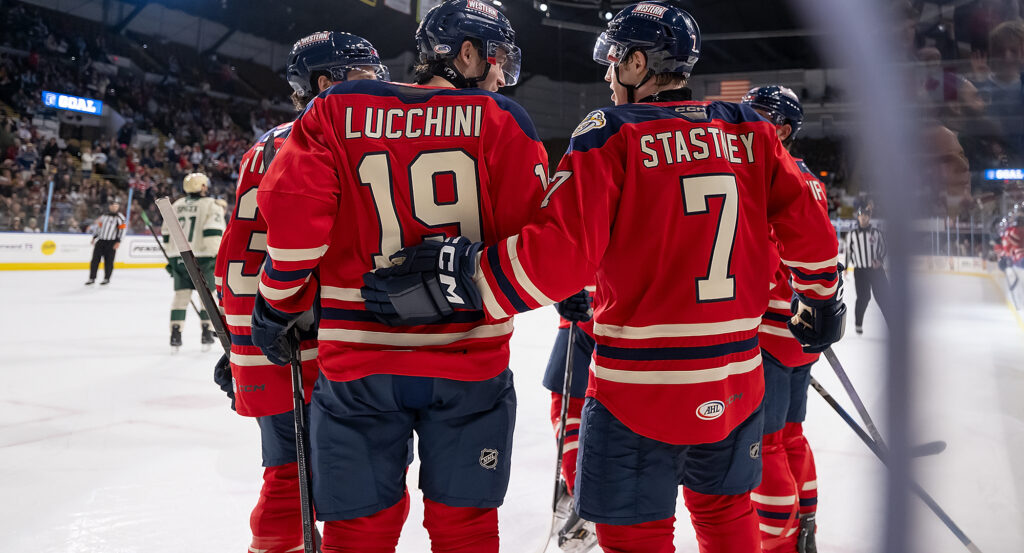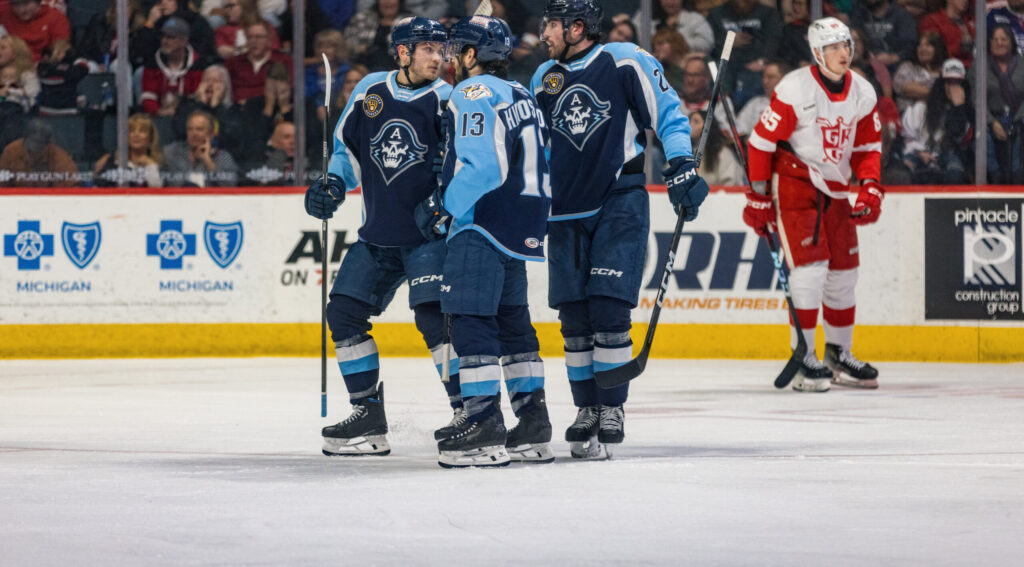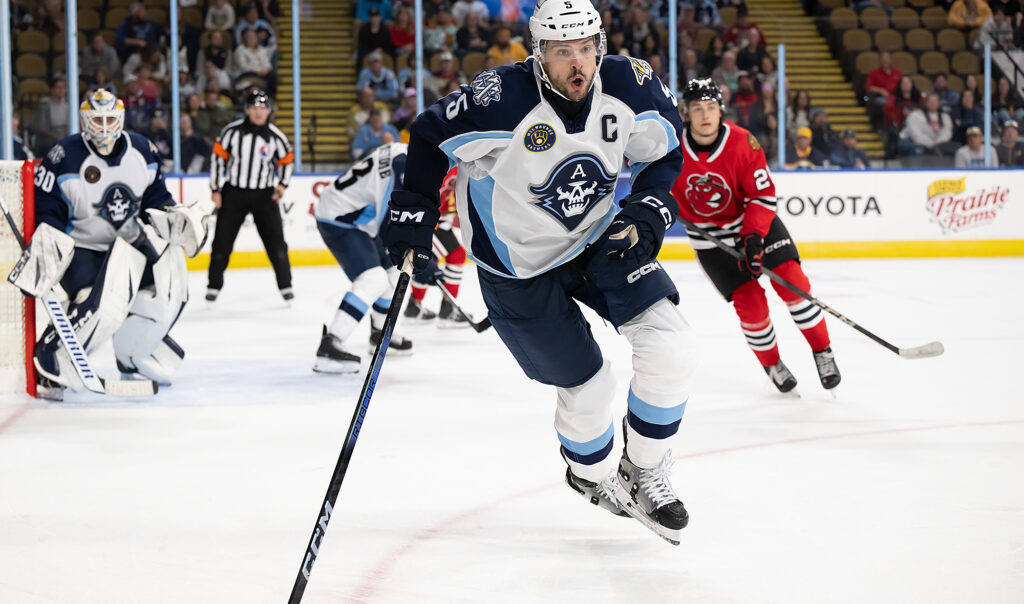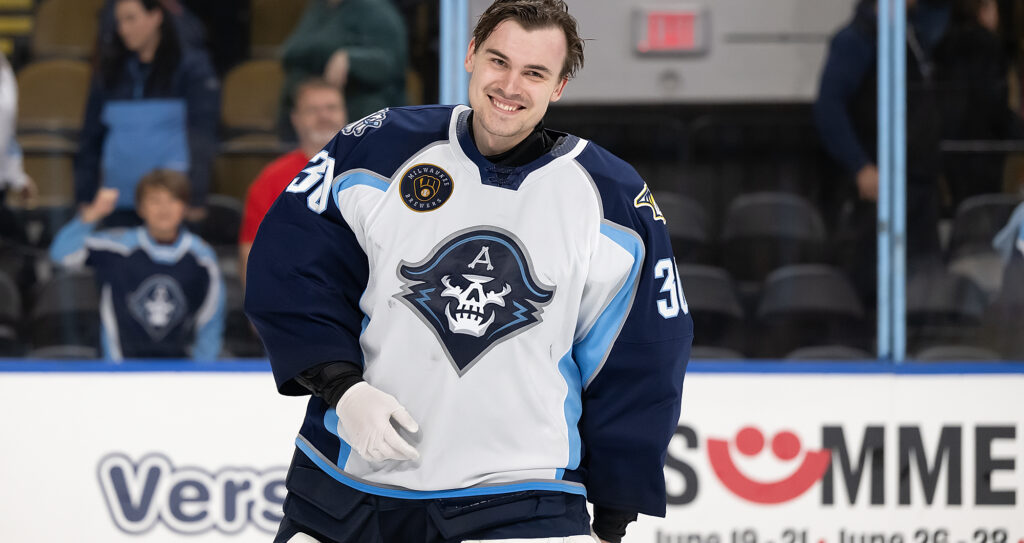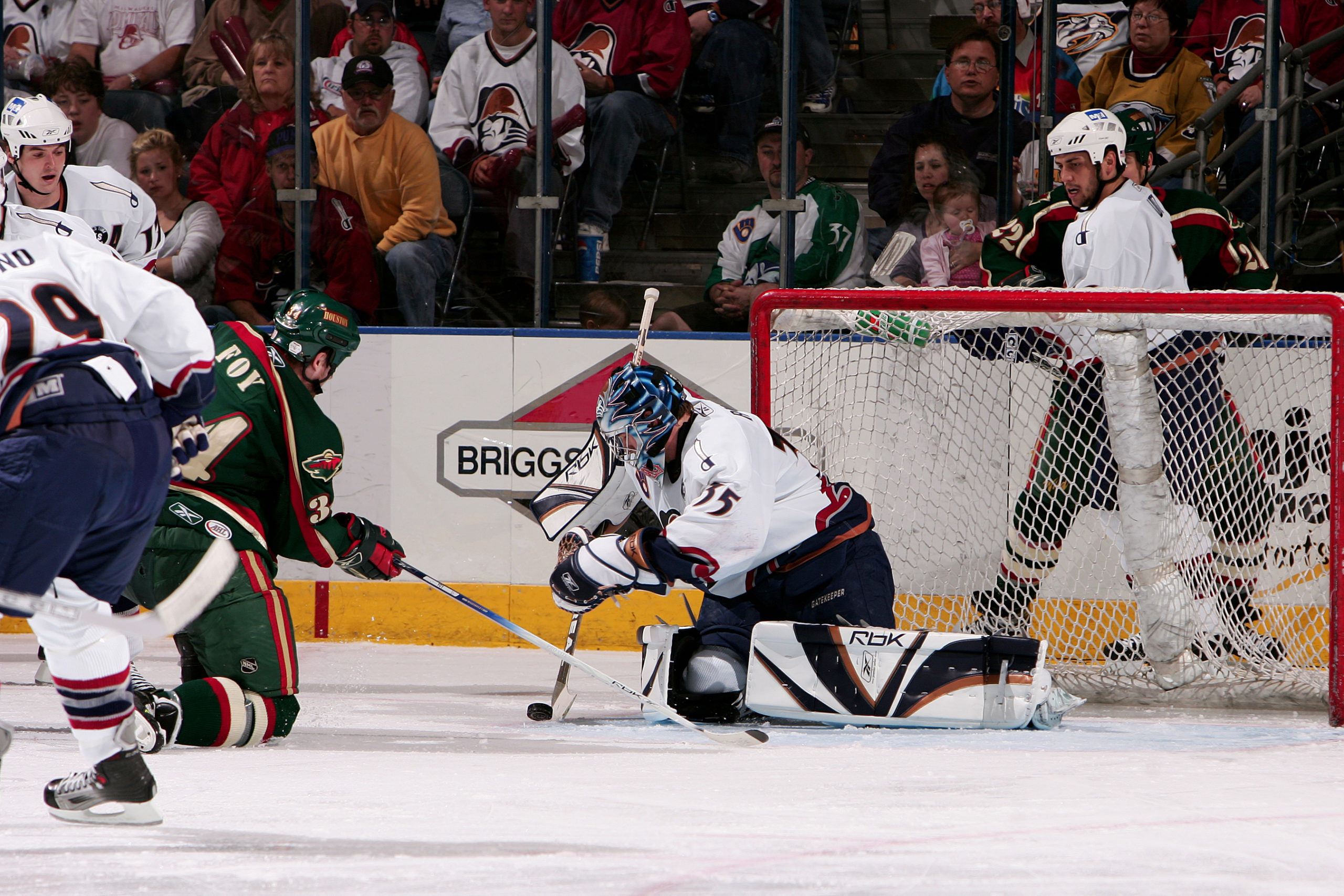
by Aaron Sims
Pekka Rinne was selected as a 21-year-old in the 8th round, 258th overall, in the 2004 National Hockey League (NHL) draft.
He was first eligible for the draft in 2001. Rinne didn’t play much in Finland. He served as the backup to future Minnesota Wild goalie Nicklas Backstrom. The story of his discovery has become part of Nashville Predators, and NHL, mythology.
Nashville scout Janne Kekalainen spoke with many who knew Rinne and observed him when he could, many times only during pregame warmups.
Former Nashville Assistant General Manager Paul Fenton trusted Kekalainen, and when the draft reached the 8th-round (a round which no longer exists), the Predators finally made their move. If you consider the fact he could have been selected first overall in 2001, 1129 other players were draft picks before Rinne.
Still, Fenton said “We had very high expectations. (Based on) all of our reports, and then watching him with his athleticism, it was quite apparent that he would be our goaltender of the future.”
Rinne certainly came through for the team and, perhaps, exceeded those expectations.
Rinne has played in the Stanley Cup Final. He has won the Vezina Trophy as the Top Goaltender in the NHL. He has represented Finland in five competitions. Rinne has appeared in three NHL All-Star Games. He has won more games than any Finnish goalie in National Hockey League history.
Like many draft picks, Rinne’s path to the NHL involved a trek through the minor league. “The road to Nashville runs through Milwaukee,” is a phrase coined by Nashville Pres. Of Hockey Operations and General Manager David Poile.
Rinne won 83 games as a member of the Admirals, the second-most in franchise history after the team joined the AHL in 2001.
Fifteen years ago today, Oct. 28, 2005, Rinne won his first game in North America when he backstopped the Milwaukee Admirals to a 6-1 win over the Houston Aeros at the Bradley Center. It was a needed win for a team that had high expectations but few positive results in the first month of the season.
Click here to see the boxscore from that game
The Admirals looked to have a sharp tandem in goal. Brian Finley set a team-record in 2004-05 with 36 wins and seven shutouts. He was slated to split time with the newcomer, Rinne.
“Brian (Finley) was an awesome goalie partner for me,” said Rinne. “Right away he took me under his wing and supported me. It meant a lot to me.”
During the first game of the season at Grand Rapids, Finley suffered an ankle injury and was replaced by Rinne early in the second period. Rinne stopped 18 of 21 shots as he was tagged with the loss in his North American debut. Due to Finley’s injury, the inexperienced Rinne carried the load for several games under head coach Claude Noel.
“When I saw him in training camp I was very impressed with the combination of his work ethic, size, skill, and quickness,” remembered Noel. “You could clearly see that if he kept working in that fashion he would take over the goaltending reins.”
After losing two more games in regulation and another in a shootout, the Admirals had a week off before the scheduled game against the Aeros. Milwaukee had scored just seven goals in its first four games. The team was looking to breakout in a big way. Sadly, the team received awful news. Popular play-by-play announcer Kyle Schultz, just 41-years-old, died before the next game could be played.
“It was such a tragedy when Kyle passed,” said Rinne. “It affected all of us and I think for sure we played that game for him and his family. I was a new guy that season and it was evident how devastating it was, especially for players, coaches and trainers who had been in Milwaukee for a while with him.”
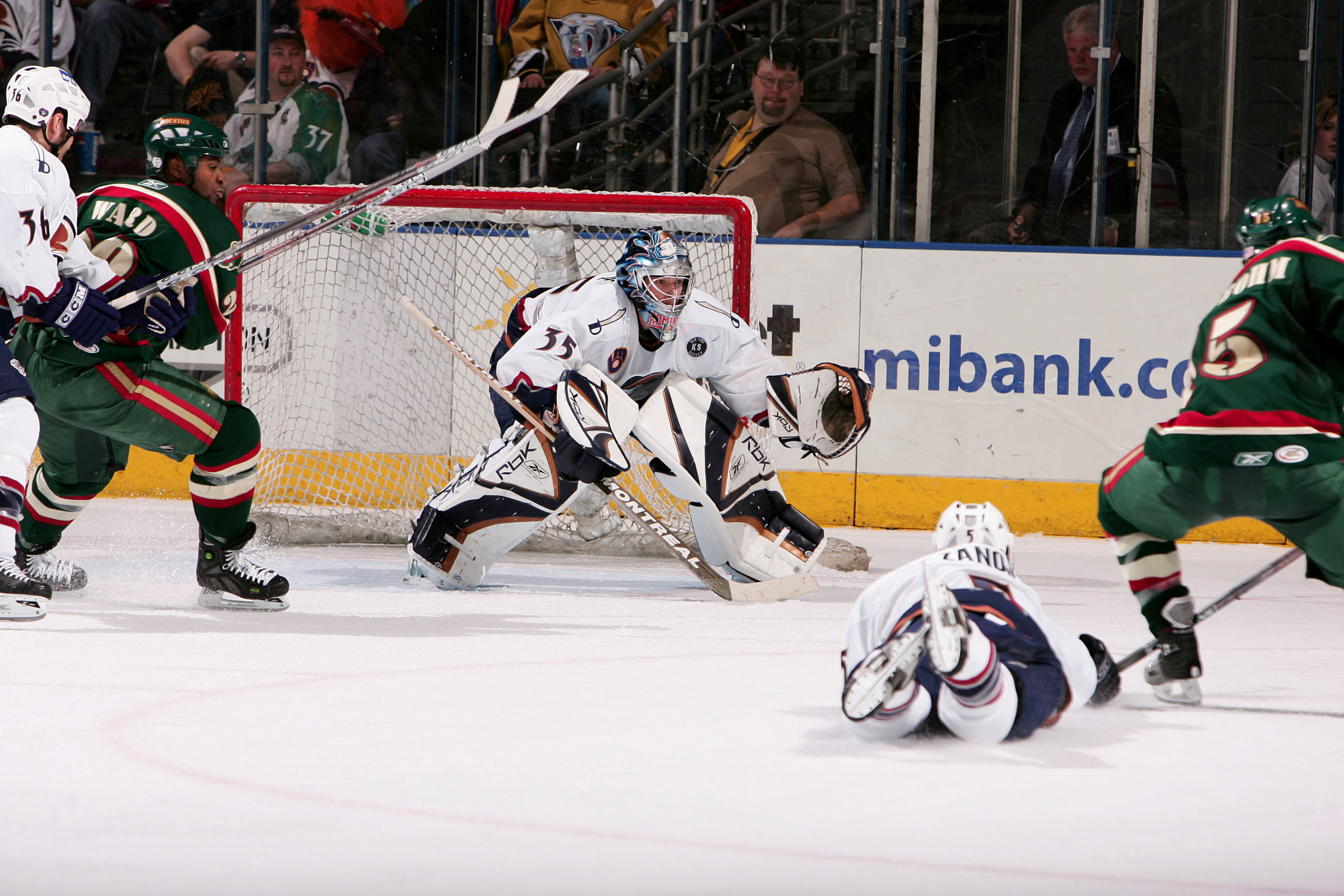
After an emotional pregame remembrance of Schultz, the Admirals and Aeros dropped the puck. Houston’s top goalie, Josh Harding, was out with an injury so the Aeros started Miroslav Kopriva.
As was the case the first four games, the Admirals struggled to put the puck in the net in the first period. So did Houston. It was a 0-0 game after 20 minutes despite a combined eight power plays.
In the second period, Milwaukee finally scored. It was a shorthanded goal by newly-acquired defenseman Rick Berry. Berry, with 197 games of NHL experience on his resume, had joined the team after a trade between the Phoenix Coyotes and the Predators. His goal at 1:26 of the frame was followed by a pair of power play goals by Kris Beech at 3:42 and Timofei Shishkanov at 5:40. In a span of 4:14, the Admirals had scored as many goals as they had in their highest scoring game of the season (to that point).
The Admirals scored three more in a span of 3:05 in the third period with Beech scoring, again, at 1:01. Shishkanov scored his second that night at 1:44 and Chris Bala scored at 4:06.
Houston’s Petr Taticek spoiled Rinne’s shutout bid with 3:03 remaining in the game.
The Admirals goalie stopped 26 shots that night to earn his first AHL, and North American, victory. The teams combined for 19 power play opportunities.
“I feel like that happened quite often back then,” recalls Rinne. “We had a feisty team and, in general, physicality played a big role in AHL at the time. Our team was built really well. We had a lot of skill and speed but we also had a lot of character guys with a physical presence on the ice. Our power play was a threat with our top skill guys and our penalty kill was strong with our unsung hero guys.”
Rinne has won 359 games in the NHL and 83 in the AHL. The first win, he says, is fun to remember.
“It was fun checking out the boxscore of that game. What a great team we had!”
If Rinne experienced any disappointment about not recording a shutout, it was short-lived. The next night, he stopped 16 shots as the Admirals bested the Omaha Ak-sar-ben Knights, 4-0.
Rinne says he has the mementos from that weekend. “I still have game pucks from those two games at my parents’ house. Great memories!”
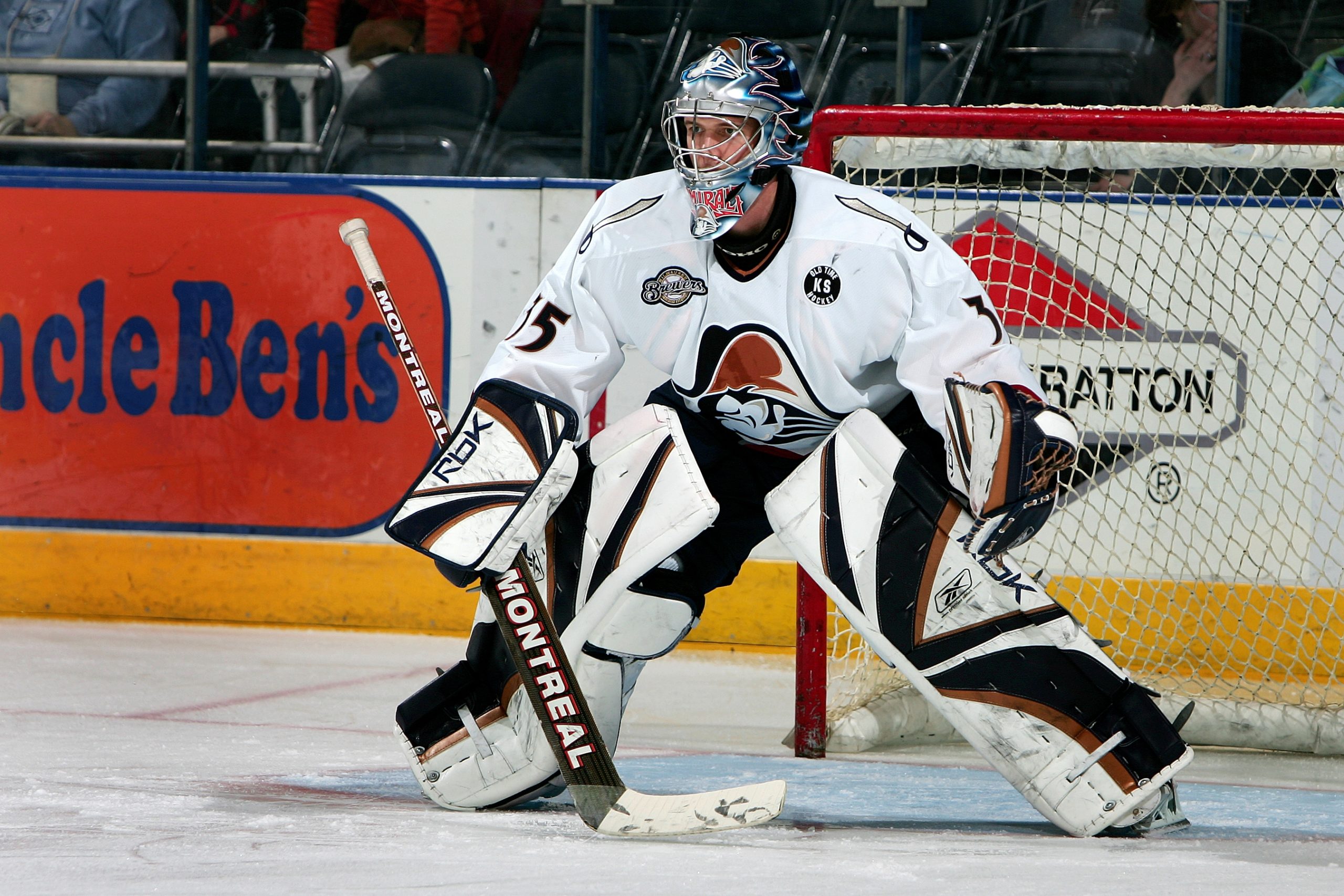
It was a special year for the team. After a tough seven-game series with the Iowa Stars to open the Calder Cup Playoffs, Milwaukee swept Houston and Grand Rapids to win the Western Conference Championship. “That was the year we went to the Finals and lost to Hershey,” said Noel. “I remember thinking, as the season went on, he would be our go-to-guy in the playoffs. It turned out he was.”.
Rinne has warm thoughts about his first North American season. “We had so much fun that season. We were a close-knit group that spent a lot of time together, off the ice as well.”
“Personally, it was a really important season. I got to play a lot. I got used to the North American style of hockey. Most importantly, I made lifelong friends and learned to take care of myself in a different country and culture than I was used to.”
“Every time I look back to that season it makes me smile! It was so much fun.”

